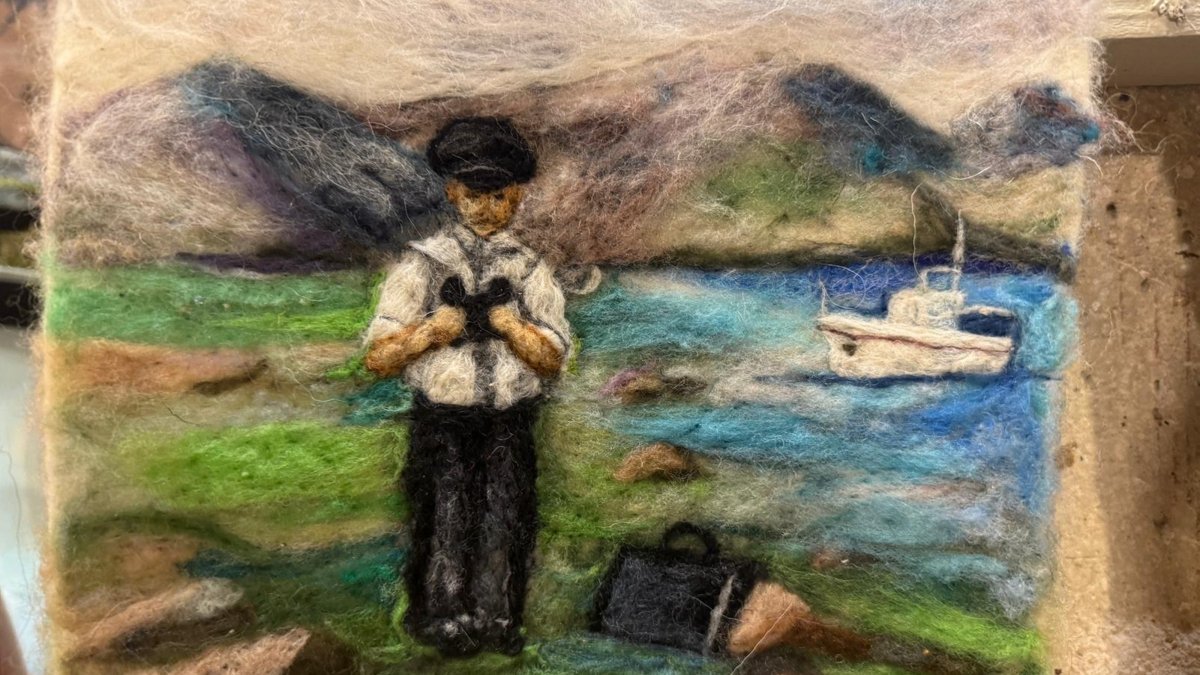The director of a contemporary art gallery once said: “If you’ve got an Alison Lapper up on the wall, you’ve got to justify it every day.”
All her life, artist Alison Lapper has faced constant scrutiny about her artwork and personal life.
Born with a condition called phocomelia, meaning she has no arms and shortened legs, Alison sparked debate when she posed, naked and pregnant, for a sculpture. The artwork sat on the fourth plinth in London’s Trafalgar Square for two years from 2005.
As she reflects on being shown videos and photographs from across her life for a new BBC One documentary, Alison has opened up about the grief of losing her son, Parys, and the love she never received from her own mother, who had been told she had given birth to a “monster”.
Parys died in 2019 of an accidental drug overdose, aged 19.
“The world was against us, and I very much felt that right from the beginning,” says Alison, who was expecting Parys when she posed for the Trafalgar Square sculpture. She remains defiant about the artwork’s legacy.






